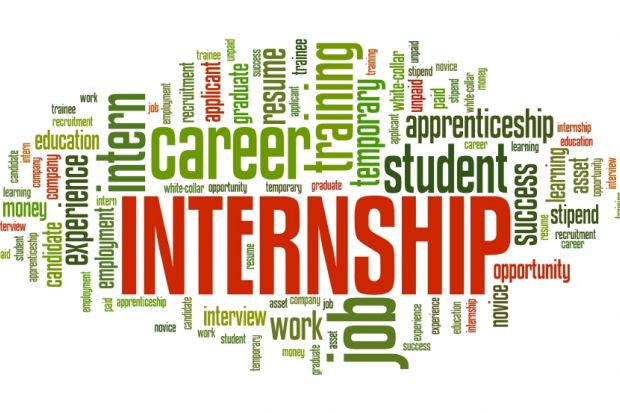News that Ernst and Young has joined PricewaterhouseCoopers in shrugging its shoulders at Ucas points and saying “meh” to degree classifications has been widely applauded by the higher education sector.
By taking this stance, the professional services firm joins a growing band of recruiters that are seeking to recruit from a more diverse and representative talent pool.
But don’t assume that the competition for graduate jobs is about to become any easier. If firms are no longer as fixated as they once were on Ucas points, it’s only because they’ve found a far better way of assessing future talent. It’s called work experience.
According to the research firm High Fliers, about a third of the 4,500 vacancies advertised in 2015 by leading accounting and professional services firms were filled by those who had previously worked for those same organisations – in most cases, via internships or work experience placements.
And each year, this proportion is growing.
Accounting and professional services firms aren’t the only ones to have latched on to the benefits of recruitment via work experience – or, as it’s alternatively known, “the six-month interview”.
This year, nearly half of all leading graduate recruiters said that they would be unlikely to recruit a student who had little or no work experience. This was regardless of the student’s academic qualifications. No work experience, no job.
The rise of work experience presents universities with a range of challenges. For a start, what about the impact of personal contacts? Access to work experience opportunities, particularly with popular or prestigious firms, is often dependent on informal networks and personal acquaintances. It can even be influenced by where you live.
As such, benefits that are to be gained from work experience are often distributed unequally across the student body. Universities are aware of this, and many are now investing significant resources in increasing work experience opportunities.
Institutions are also taking steps to ensure that students begin their career planning as early as possible – preferably in their first year. Making the most of work experience requires careful planning and organisation. It’s too important to be left until the final term.
So while many will applaud Ernst and Young’s decision to scrap A-level grades, in today’s graduate job market, some students are discovering that it’s not Ucas points or even degree classification that gets your foot in the door, but work experience.
Paul Redmond is director of student life at the University of Manchester. Follow him on Twitter.




